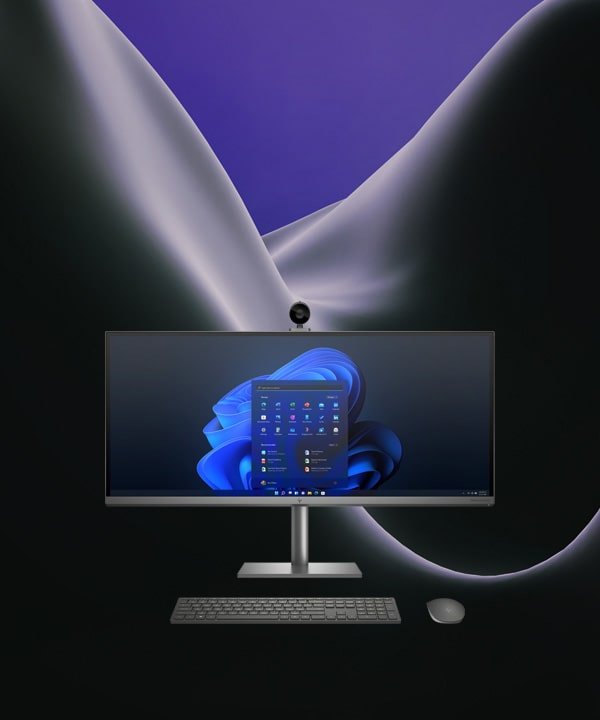Computers have become an integral part of our daily lives, revolutionizing the way we work, communicate, and access information. From the early days of room-sized machines to the sleek and powerful devices we have today, computers have come a long way in terms of technology and functionality.
The Early Days
In the early 20th century, computers were massive machines that took up entire rooms. They were primarily used by scientists and researchers for complex calculations and data processing. These early computers were slow, expensive, and had limited capabilities compared to modern-day devices.
One of the most significant milestones in computer history was the invention of the microprocessor in the 1970s. This breakthrough allowed for the development of smaller and more affordable computers, paving the way for personal computers (PCs) that would soon become a household item.
The Rise of Personal Computers
The introduction of personal computers in the 1980s marked a major turning point in the computer industry. Companies like IBM and Apple played a crucial role in making computers accessible to the general public. PCs became smaller, more affordable, and user-friendly, leading to their widespread adoption in homes, schools, and businesses.
With the rise of personal computers came the birth of the internet, which further revolutionized the way we use computers. The internet opened up a world of possibilities, allowing people to connect, share information, and access a vast amount of knowledge with just a few clicks.
Computers in the Digital Age
In today’s digital age, computers have become smaller, faster, and more powerful than ever before. Laptops, tablets, and smartphones have replaced bulky desktop computers, giving us the freedom to work and stay connected on the go.
The impact of computers on various industries cannot be overstated. They have transformed the way we do business, enabling automation, improving efficiency, and opening up new opportunities. From online shopping and banking to telecommuting and remote learning, computers have reshaped our daily routines and interactions.
The Future of Computing
The future of computing holds even more exciting possibilities. Artificial intelligence, virtual reality, and quantum computing are just a few of the emerging technologies that promise to take computers to new heights. These advancements have the potential to revolutionize industries such as healthcare, transportation, and entertainment.
As computers continue to evolve, it is essential to stay informed and adapt to the ever-changing digital landscape. Whether it’s learning new software or understanding the implications of emerging technologies, computer literacy is becoming increasingly important in today’s world.
In Conclusion
Computers have come a long way since their early days, transforming from room-sized machines to portable devices that fit in our pockets. They have revolutionized the way we work, communicate, and access information, shaping the world we live in today. As technology continues to advance, it is crucial to embrace the opportunities and challenges that computers bring, ensuring that we stay connected and thrive in the digital age.
